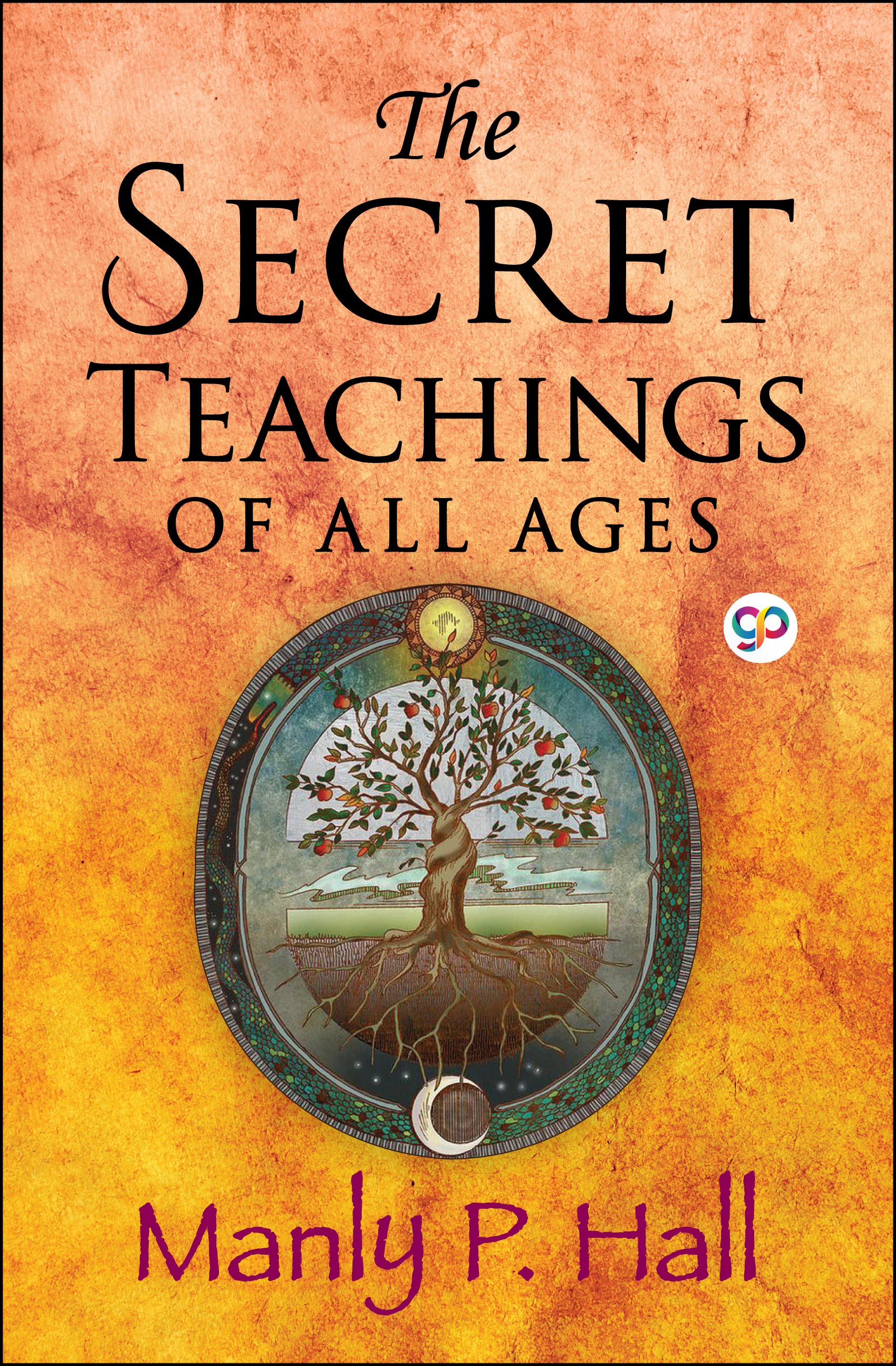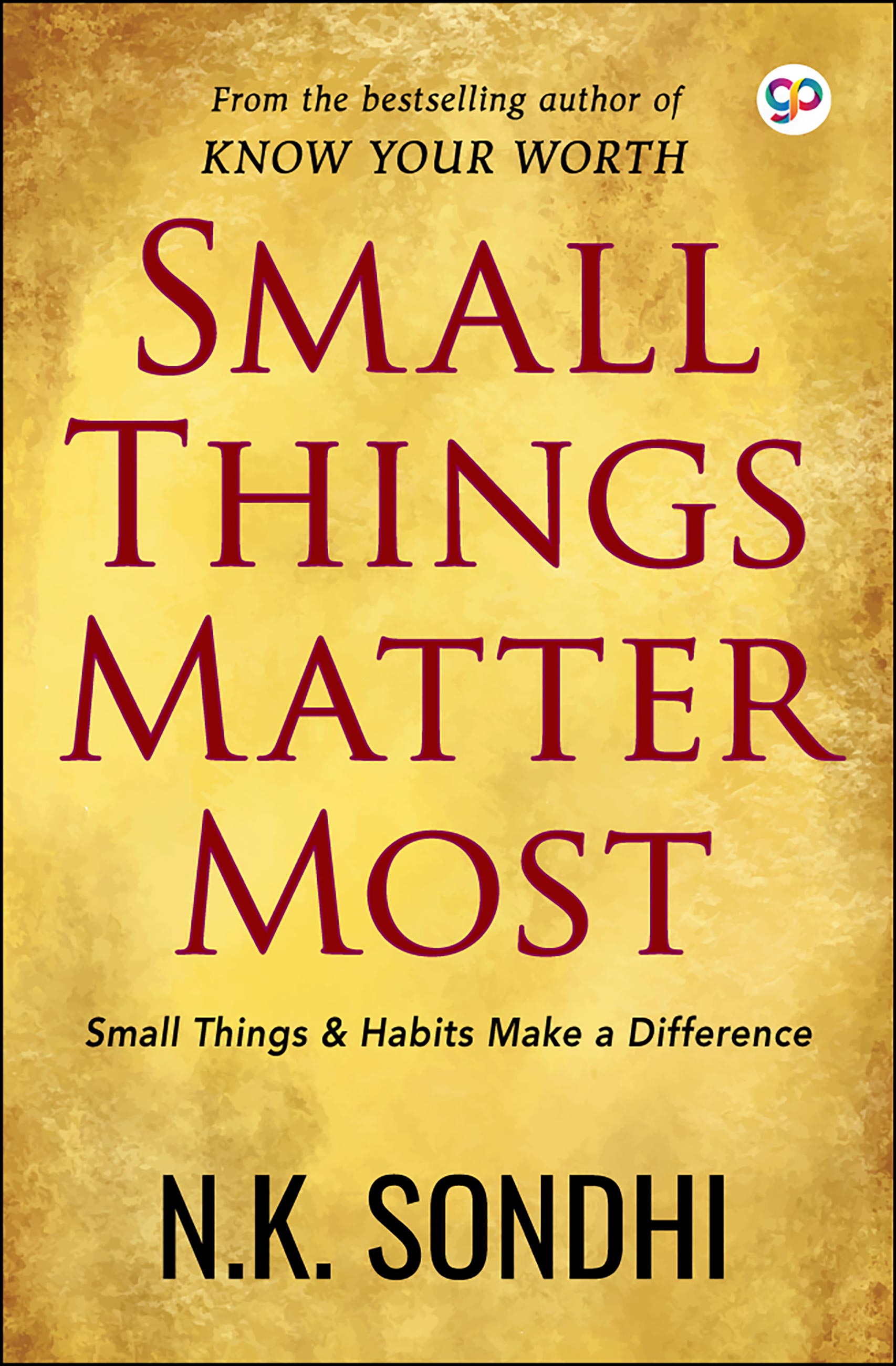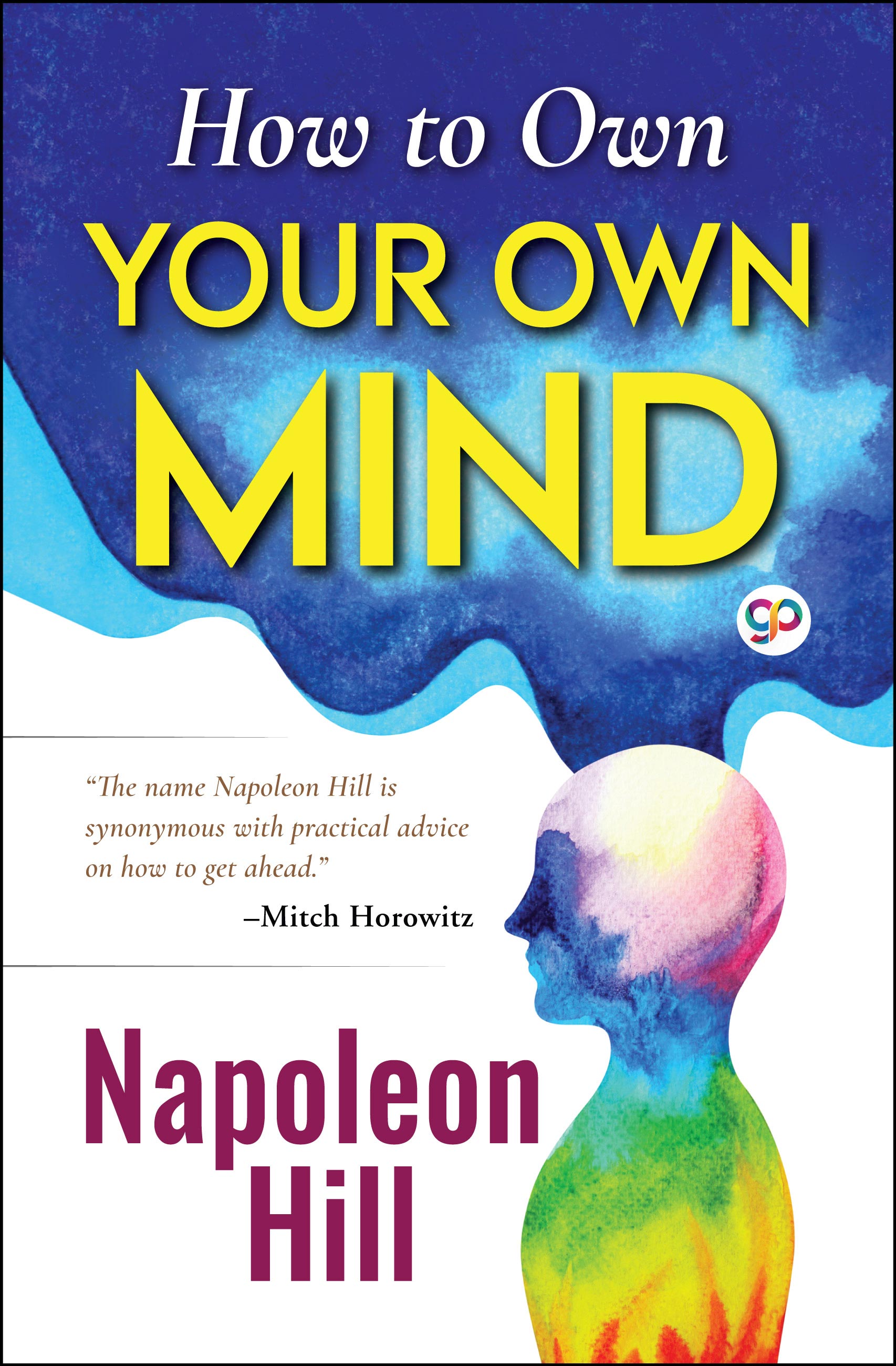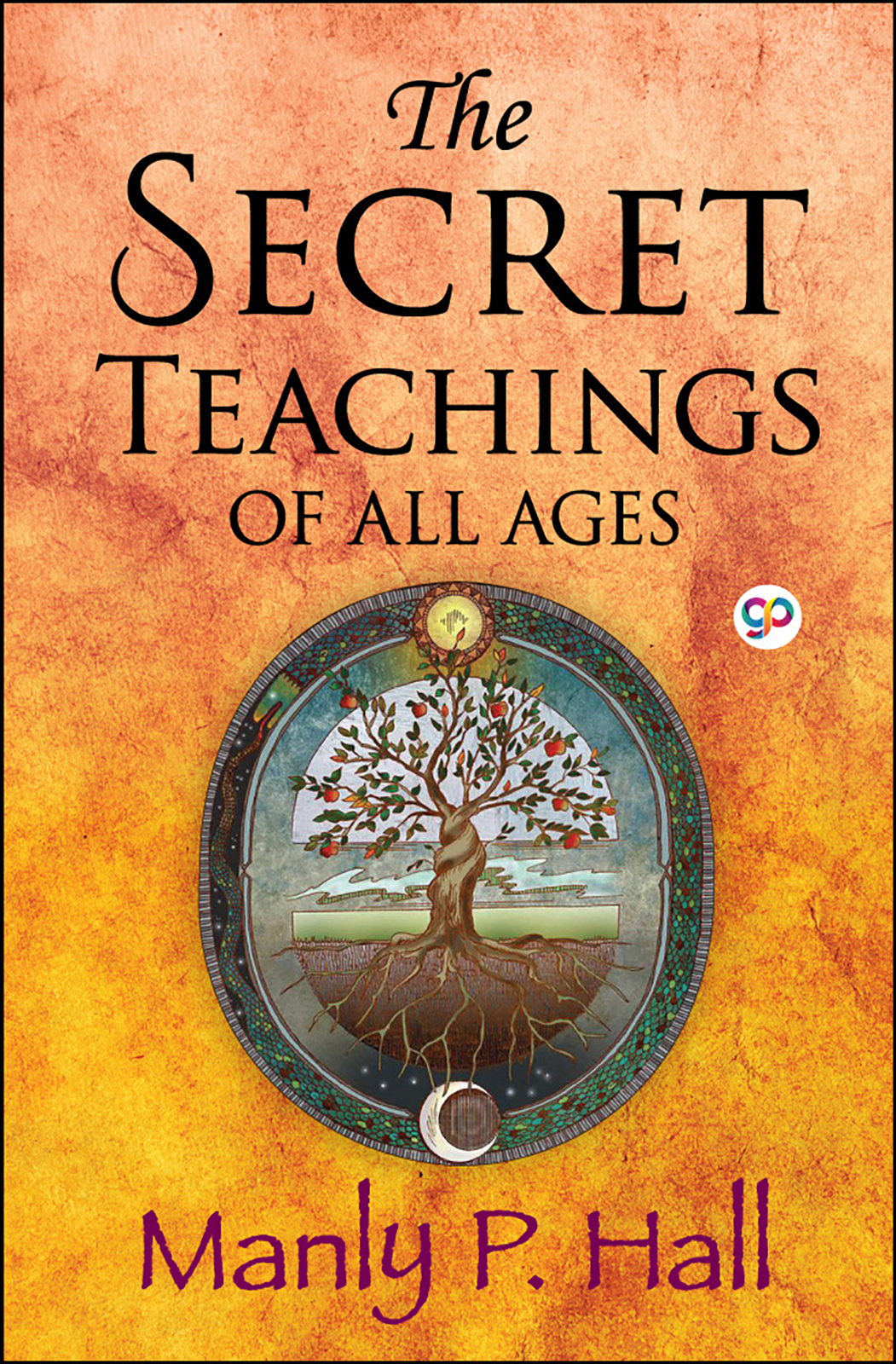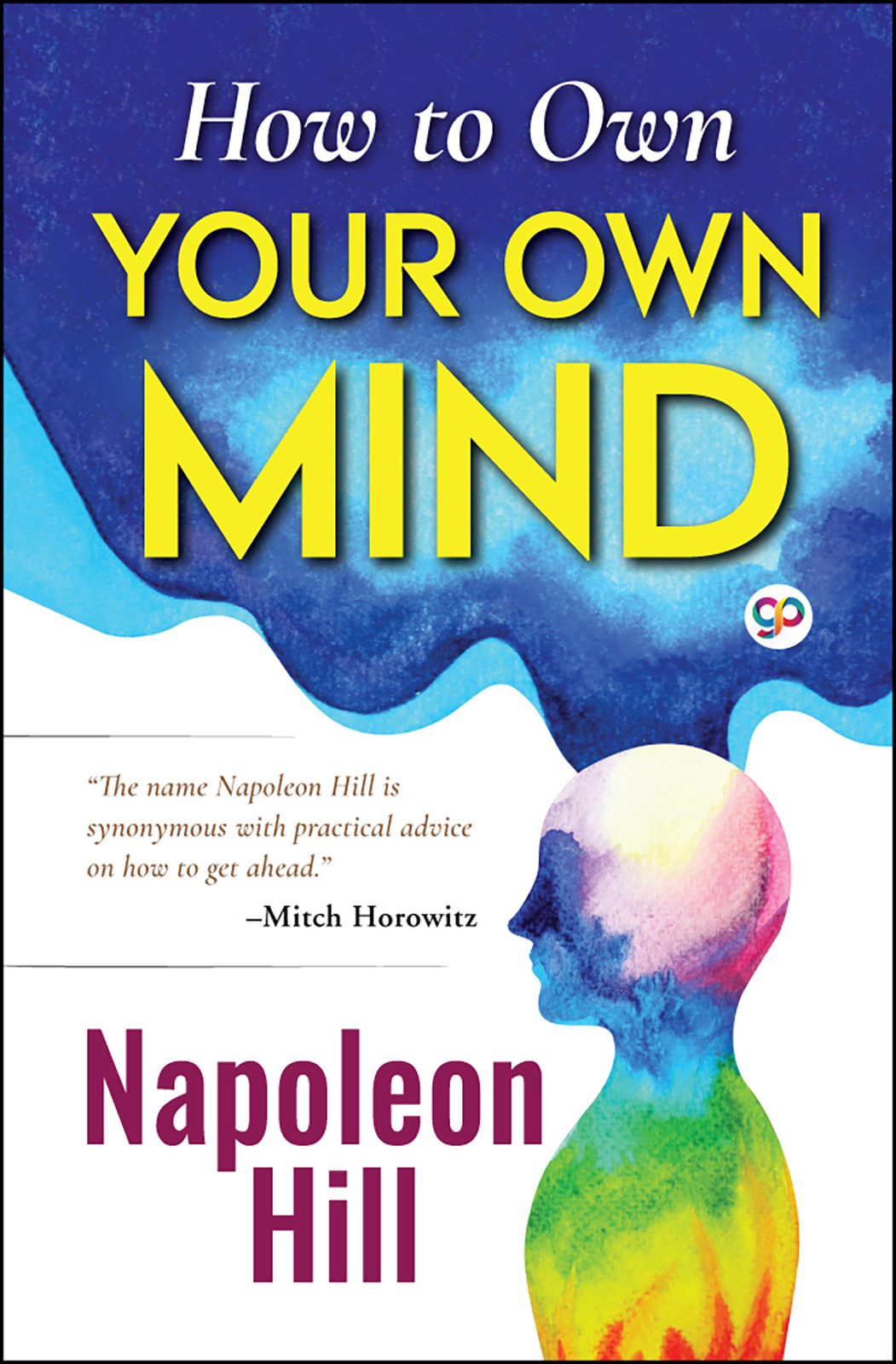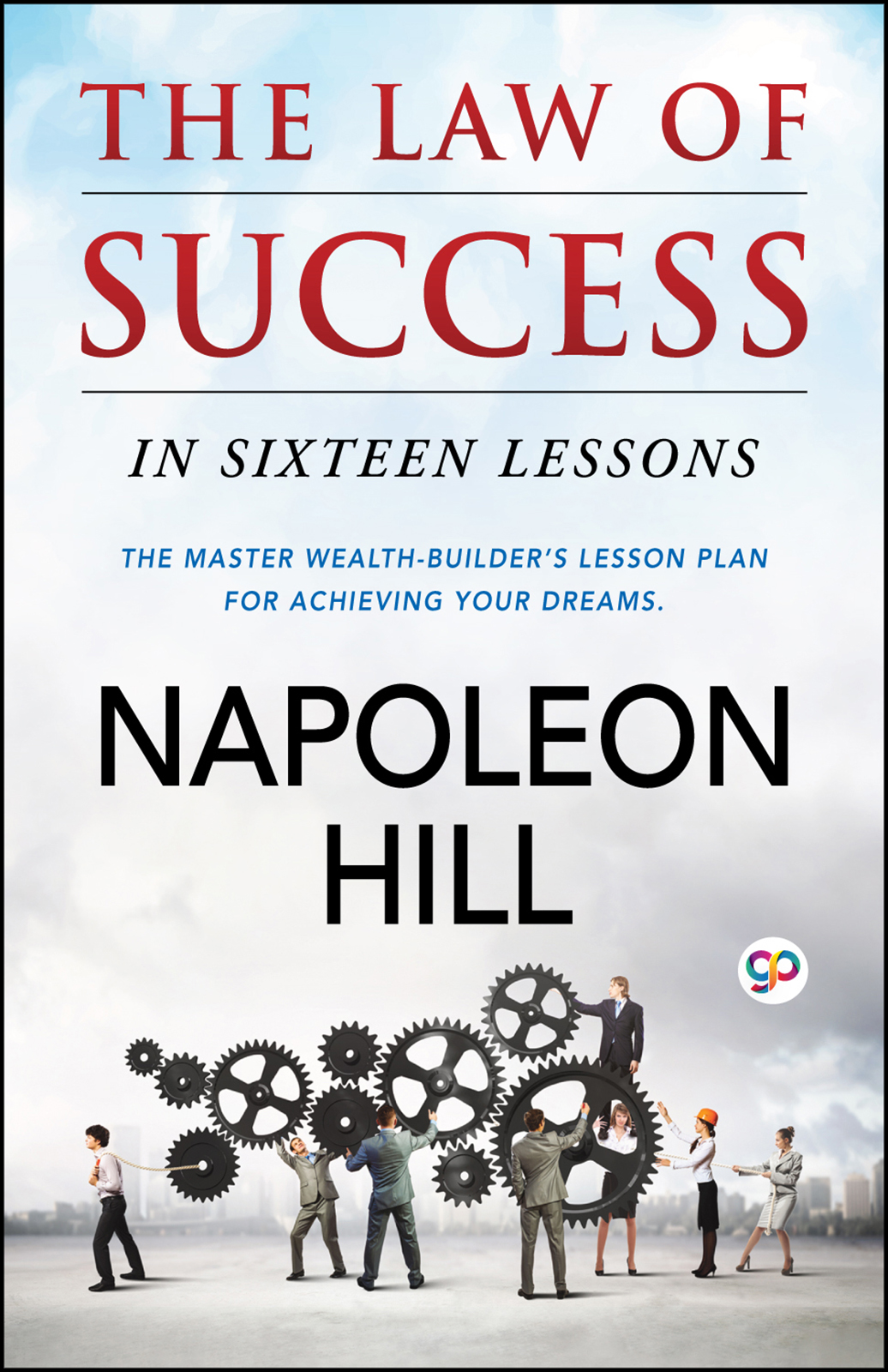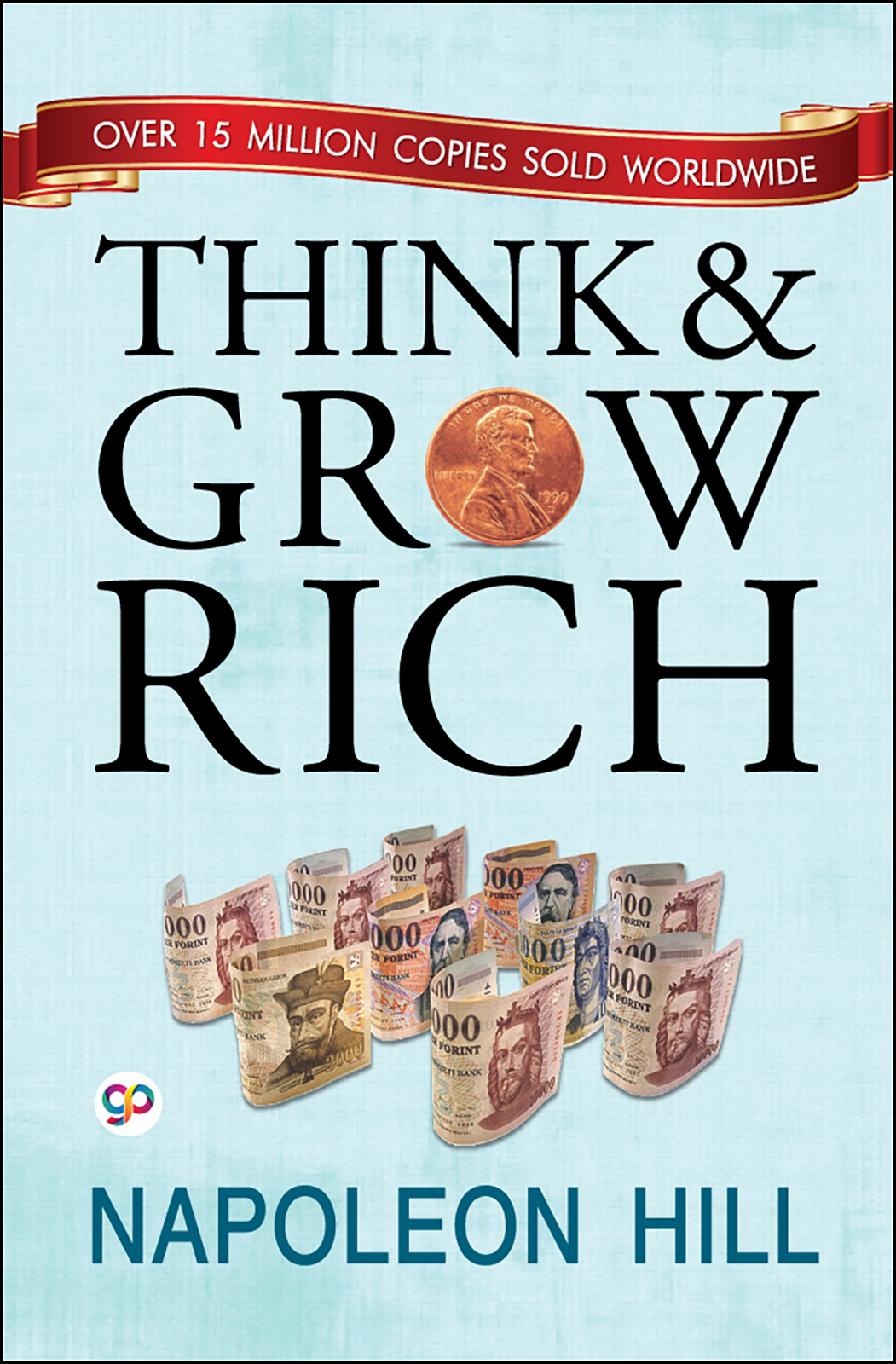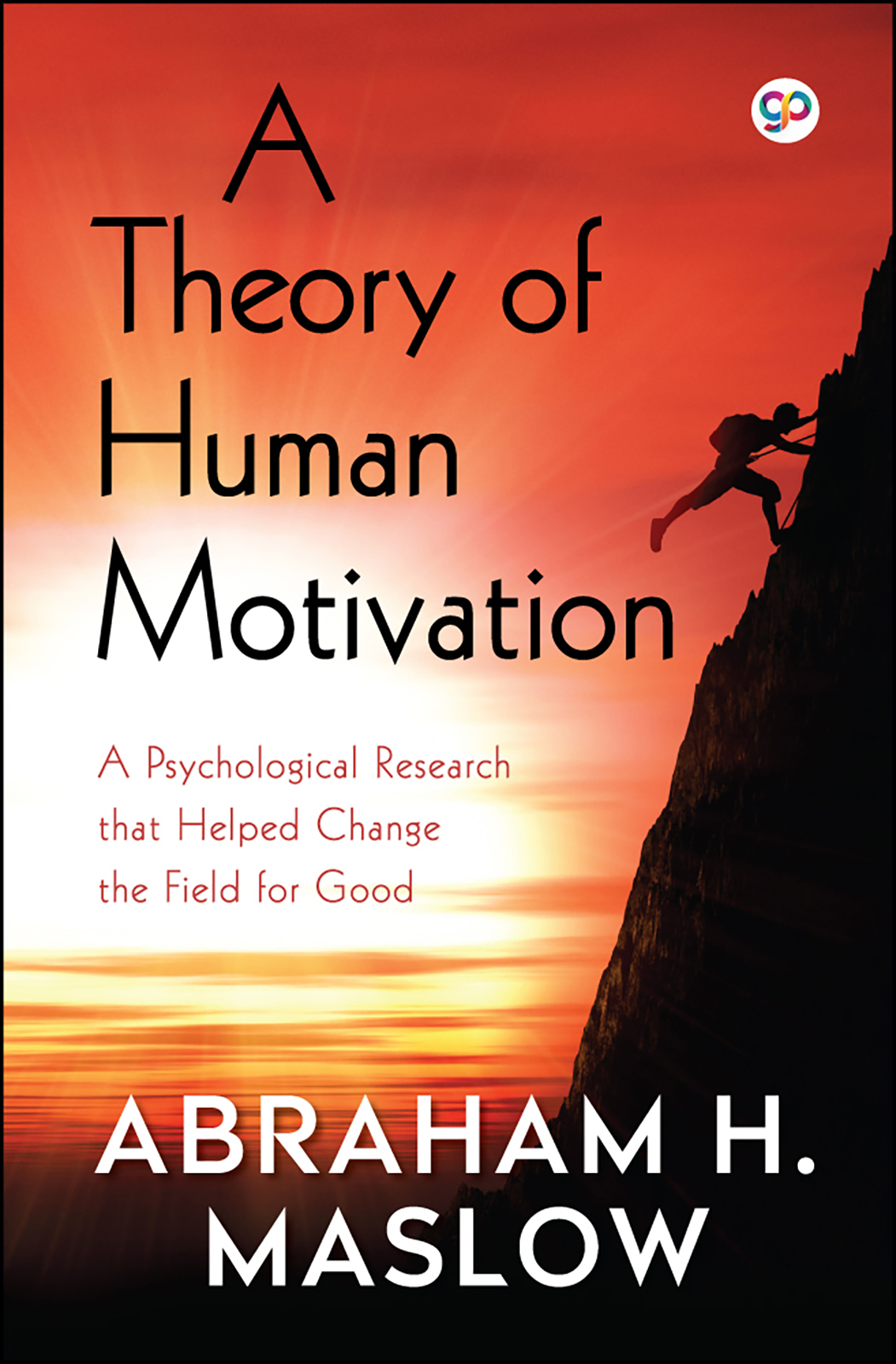
A Theory of Human Motivation (Hardcover)
First published in 1943, 'A Theory of Human Motivation' is an article by Abraham H. Maslow, an American psychologist, in which he first introduced his hierarchy of needs, a theory of psychological health predicated on fulfilling inherent human needs in preference, pinnacling in self-actualization. Maslow thereafter expanded the idea to include his observations of humans' inherent curiosity. His theories parallel many other theories of human developmental psychology, some of which concentrate on describing the stages of growth in humans. Maslow explained various needs and used the terms Physiological, Safety, Belongingness, Love, Esteem, Self-Actualization, and Self-Transcendence to define the pattern that human motivations generally move through. Maslow studied what he called ideal people such as Albert Einstein, Jane Addams, Eleanor Roosevelt, and Frederick Douglass rather than mentally sick or unstable people.
BEST SELLERS
About the Author
Abraham Harold Maslow was an American psychologist who was best known for creating Maslow's hierarchy of needs, a theory of psychological health predicated on fulfilling innate human needs in priority, culminating in self-actualization. He stressed the importance of focusing on the positive qualities in people.


